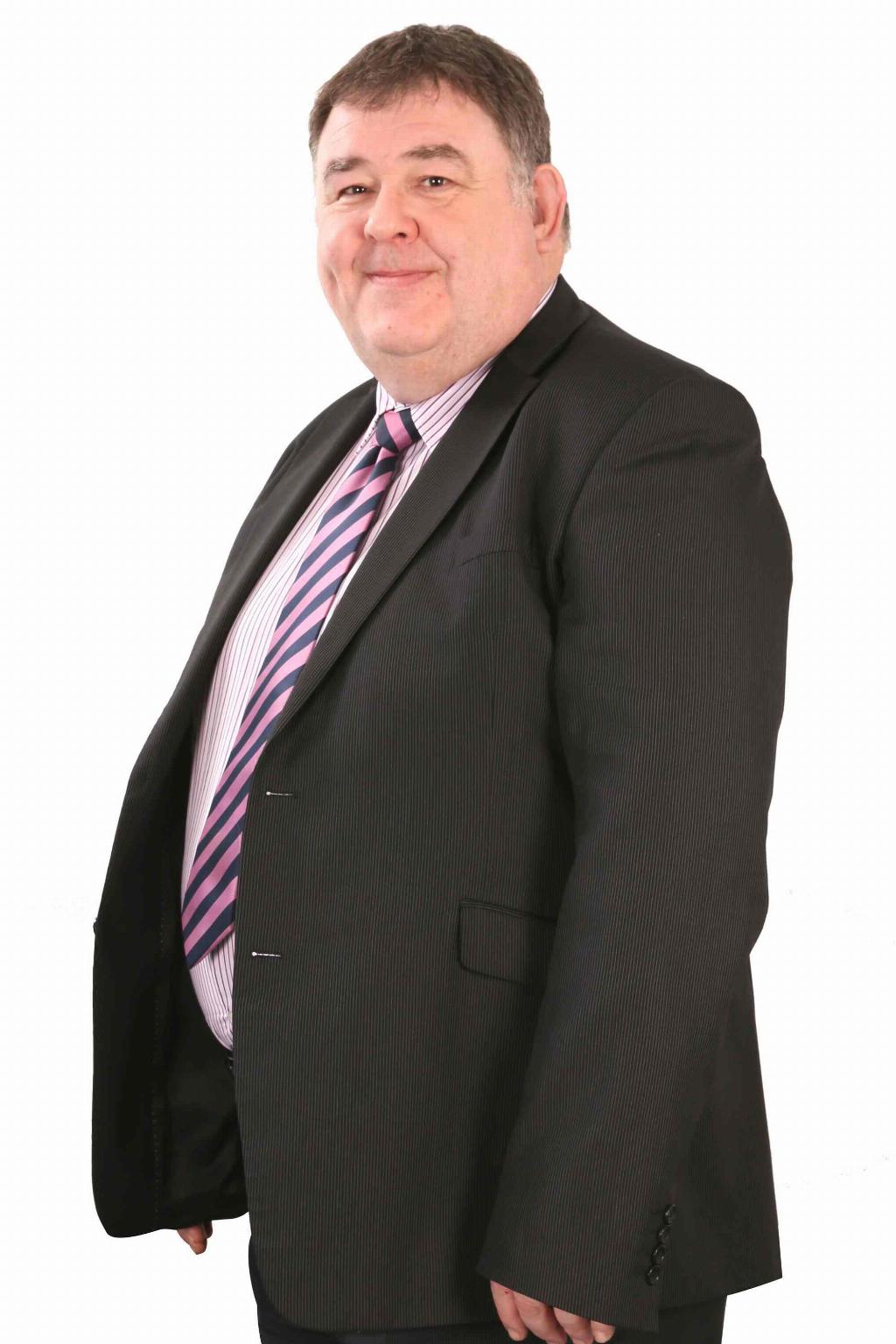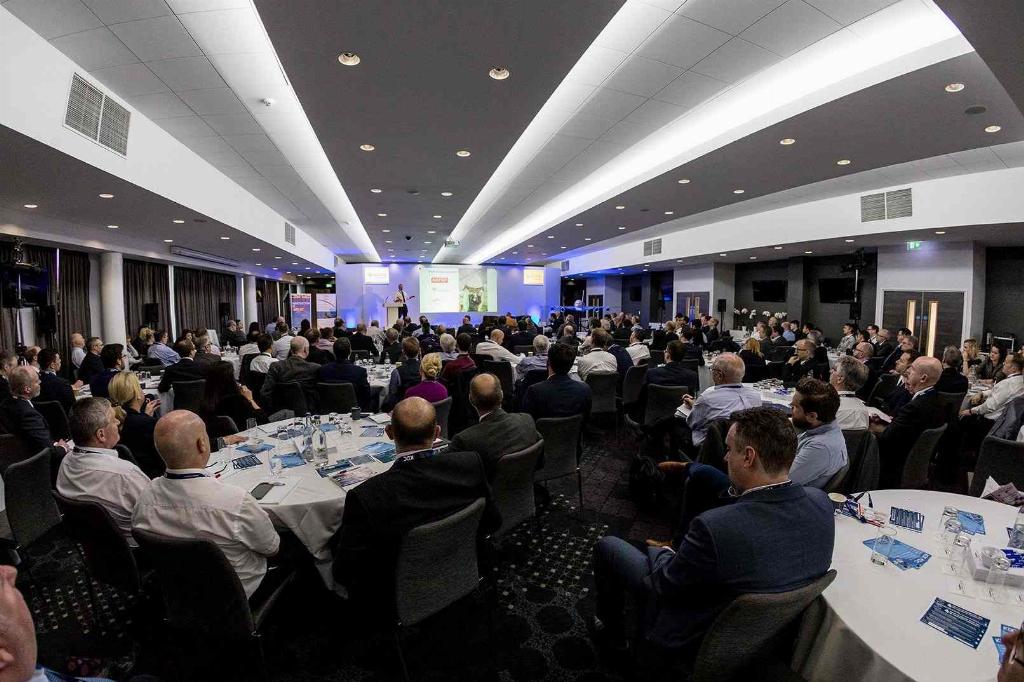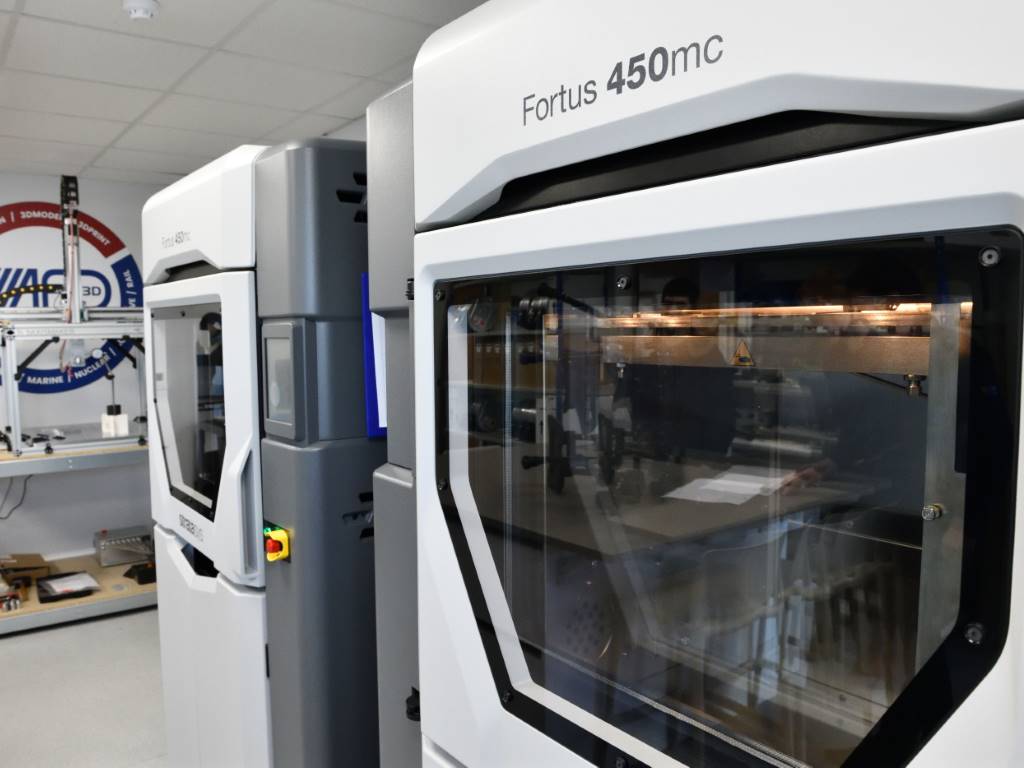Engage, grow, soar!

Mike Richardson talks to The West of England Aerospace Forum (WEAF) new CEO, Colin Turner about the trends, demands and challenges facing the region’s aerospace cluster and its member companies this year.
The West of England Aerospace Forum (WEAF) announced the appointment of its new chief executive, Colin Turner last October with the goal of continuing to build and grow the organisation.
Supporting WEAF members within the South West aerospace cluster - the second largest in Europe, contributing over £6 billion in sales and 20,000 jobs - Turner was chosen over other shortlisted candidates because of his vast industrial experience.
Turner has been in senior positions at Leonardo Helicopters and Babcock International amongst others, and has shown his dynamic leadership in small, medium and large organisations and start-ups. Indeed, his knowledge on the global, national and regional aerospace agenda places him in a primary position to lead WEAF and seize all the available opportunities.

“WEAF’s strategy is what we call a ‘20:20 vision’ for the next few years,” he begins. “We are refocusing on developing more of a collaborative network across the aerospace, defence and space sectors. The South West is home to the biggest aerospace sector in the country. We have all the major Primes, the majority of the aerospace systems sub-tiers and in Leonardo, an entire aircraft manufacturer.
“One area that is starting to grow is Cornwall. I expect to see huge growth is in what’s called micro satellite technology. These micro satellites are about the size of a washing machine and much of the communications inside them is based on mobile phone technology.
“Consequently, there will be growth within the region based on the digital footprint we have around Bristol, the Spaceport that is being pushed for the rocket launches in Cornwall, the satellite telecommunications systems at Goonhilly and the University and Catapult based in Harwell. WEAF’s region is set to grow considerably because we also have the Airbus satellite development across the county border in Portsmouth too.”
Building the bridges
As a former director of WEAF, Turner knows all the intricacies of the organisation and how it has been set up between a number of the large Primes from the South West and the then regional development agency to build bridges across the region and join knowledge and technical information together. Perhaps his European work experience gives him a better understanding of the differences in the way the UK goes about winning aerospace work when competing with other European countries?
“I worked as an engineering manager within Leonardo’s procurement, looking at technology exploitation, interfacing regularly with NATEP on a lot of the R&D activity, and I was a member of ‘Project Zero’, the advanced tilt rotor that Leonardo demonstrated during the 2015 Paris Airshow. Working on the R&D side - predominantly out of Italy - took me around the whole of Europe in terms of looking for partners and technologies that we could incorporate in the advanced tilt rotor. As a result, I’ve gained a vast knowledge of the UK supply base and its position within the world and an understanding of many European supply chains too. European supply chains and the major OEMs obtain funding support to build concept aircraft through the Horizon 2020 programme.”
The Horizon 2020 programme promotes innovation clustering which de-risks the technology for future exploitation. The challenge for the UK supply chain, post Brexit, is to maintain its engagement with European-based programmes. Industry and Government through the Department for Business, Energy & Industrial Strategy (BEIS) is working very closely with the UK supply chain to try address this issue.
The recently announced aerospace sector deal supports funding extension of NATEP and ATI innovation projects, which is to be celebrated as it shows that the UK government continues to recognise the importance of the sector. Using these support mechanisms, UK companies can gain entry to European markets as they possess good, capable technology and they are treated as equal. There are no geographical boundaries or nationalism in the sense about an ‘idea’, but to initially get that door open in a post Brexit world will require a focused and tenacious supply chain.

How is WEAF helping to build bridges between different companies and industries for the aerospace sector to learn from best practice and leverage on the synergies that exist in the nuclear industry for example?
“The South West has a collaborative partnership called iAero, which provides the ability to interface ideas across the primes and the SMEs into trying to influence the industrial strategy and work with the Local Enterprise Partnership (LEP).
“Another way is to build a network of smaller scale, localised knowledge transfer meetings that join up like-minded companies and learn about things like Industry 4.0. Synergies exist across multiple sectors, and if you get the right companies in the right place with the right technologies, then it enables them to seek growth in these multiple areas.
“We must tap into the various funding streams coming through Government and connect the sectors, so that investing companies can benefit from it. WEAF can help companies see the bigger picture by joining up to our events, responding to demand signals and accessing the information from the Prime contractors.”
Re-engineer, re-focus
In terms of the challenges that WEAF expect to overcome this year, Turner believes that if Brexit doesn’t reach a conclusion that enables UK access into a frictionless market, is hit by export restrictions and doesn’t enjoy free movement of technical resource, then the UK will encounter significant problems and will struggle with some companies losing out.
“If it’s a reasonable deal with a currency devaluation that gives us a competitive edge then it’s vital that Government - having come out of the European Union - fundamentally helps business to invest and export,” Turner concludes. “The UK must learn to focus on export opportunities. WEAF will need to provide help to those companies in an export environment and the key challenge will be in moving from a ‘shipping’ environment to a much more aggressive ‘selling to the rest of the world’ one.
“We’re going through a re-engineering phase where we are having to refocus. We live in a very complex, fast-moving world with some key challenges facing these businesses. Inevitably, there will be some winners and losers: the companies that will win are those willing to embrace change and get on with it.”













